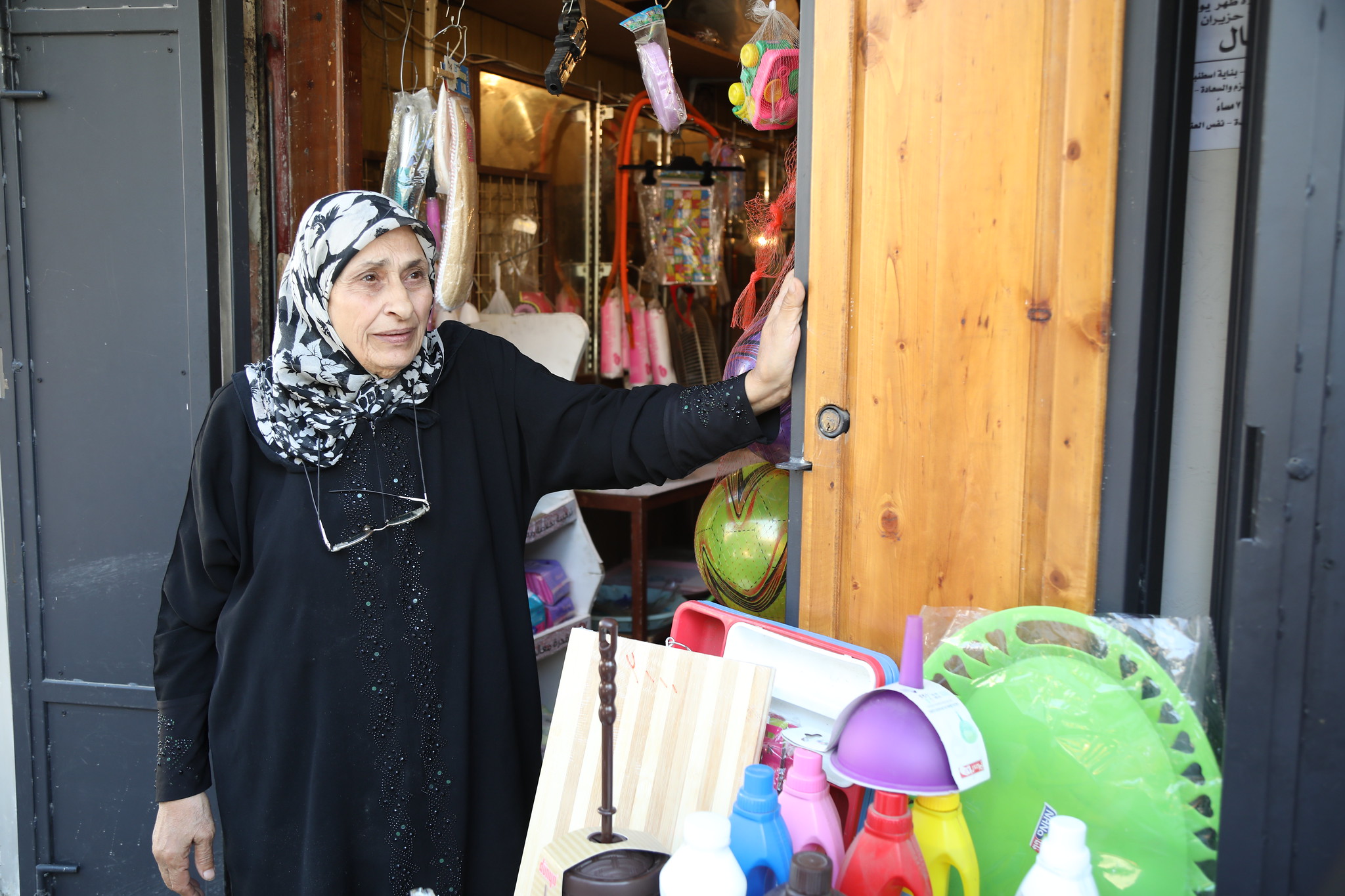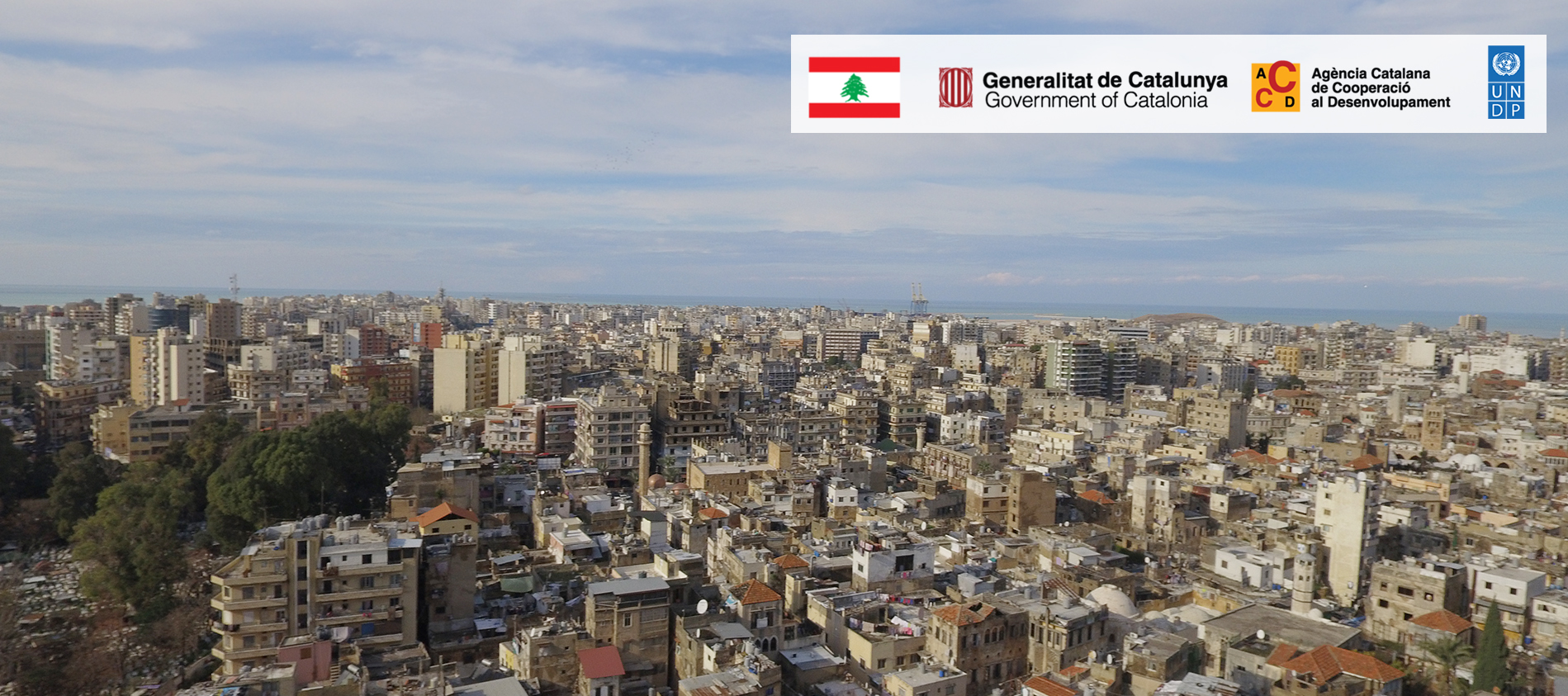Tripoli, Lebanon’s second largest city and the center of the North Governorate, has been facing immense challenges for decades making it one of Lebanon’s poorest and most marginalized cities. Today, it suffers from the repercussions of the worst national socioeconomic and financial crisis to date, aggravated by the impact of the COVID-19 pandemic.
With only 16% of women employed and more than half (50%) of youth facing difficulty entering the labor market, escaping the cycle of hardship and vulnerability is extremely challenging amid nation-wide inflation.
We are working with our Catalan partners & the Catalan Agency for Development Cooperation (ACCD) to support the employability and livelihoods of impoverished communities in Tripoli based on an updated in-depth assessment of new vulnerabilities, with a specific focus on women, youth, and persons with disabilities.

In an aim to develop a socio-economic safety net for the “newly vulnerable” and struggling communities in Tripoli and pave the path towards recovery, the holistic intervention includes orientation and capacity building programs for targeted individuals, MSMEs, and entrepreneurs, connecting beneficiaries to active institutions to facilitate employment, and creating specialized economic hubs and platforms for long-term support.
An integral part of the intervention includes the creation and maintenance of a social learning platform, encouraging a digital transformation in the city, which will provide an interactive safe space for women, men, youth, and advocacy groups to engage in dialogues with local government authorities and institutions, the private sector, trade unions, and civil society organizations. This allows locals to voice their concerns and collaboratively brainstorm and implement effective strategies to facilitate their economic participation and upgrade their knowledge and skills. The platform aims to strengthen collective action towards influencing decision-making, policies, and mechanisms.

The intervention prioritizes women’s inclusion and participation by providing the space for them to voice their practical and strategic needs through the digital platforms and ensuring that capacity building programs respond to their priorities.

 Locations
Locations